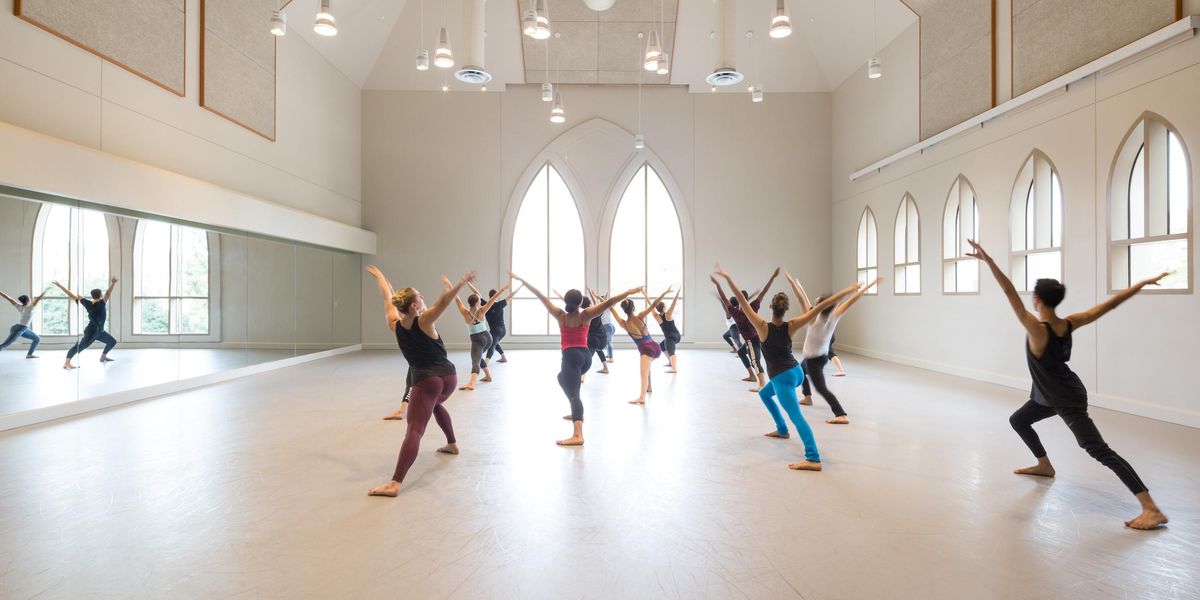Advice for Dancers: The Toxic Rumor Mill
A female friend in my dance company recently married a male dancer who most of us think is gay from rumors about his behavior when he was a student. I can’t understand why she didn’t know this and have very mixed feelings about her marriage. Should I tell her?
—Troubled, Bronx, NY
Please try to avoid reading into rumors or spreading them. They’re toxic to company life, especially in a world like ballet where work and personal matters often mix. Rumors in the workplace tend to be based on a little bit of fact—and a lot of guesswork. When they become personal (as is the case with one’s sexual past), the gossip oftentimes is malicious. I wouldn’t believe everything you hear. I also doubt that your friend isn’t aware of the rumor, given the tight-knit dance community. My advice is to let her come to you if she has any concerns. Otherwise, you can do your part to help establish a culture of mutual respect and integrity by refusing to spread stories. People marry for many reasons, not the least of which is attraction and mutual admiration. Only time will tell if this match will work. Love has many permutations and it isn’t for any of us to judge.
I’ve already had several dance jobs and apprenticed with a company. Now I’ve set up a series of auditions but can’t shake the words of my old dance teacher. He told our entire class that, unlike him, we didn’t have what it takes to be a professional. He also laughed at us and made humiliating comments about our bodies. We thought he was “mental” at the time, yet now it’s messing with my head. What’s wrong with me?
—Jason, Jersey City, NJ
Sadly, the words of a critical teacher (or parent) can haunt you even years later. As performers, we judge our self-worth to a large degree on how others see us. This is particularly true when you’re bullied by an authority figure. A study I conducted with Dance Magazine of 960 dancers nationwide and documented in my book, Advice for Dancers, showed that those who were publicly humiliated by their teachers in class reported significantly more symptoms of stage fright, emotional stress and increased injuries, and were less likely to reach their professional goals due to self-sabotage. This manifested itself in several ways, such as overworking (even when injured) or avoiding auditions. To your credit, you’ve found work as a performer and plan to keep auditioning. Now, to quell your teacher’s negative voice, try these two techniques: thought stopping (when you start to think about his criticisms, tell yourself “No” and switch your attention to something constructive, such as your placement or musicality) and self-talk (use facts, logic and reason to dispute your inner critic and replace negative comments with positive statements that you believe, like “Everyone makes mistakes.”). Remember: Good dance training does not involve intimidating you about your performance or appearance. All dancers should know it’s okay to find a teacher who doesn’t resort to inappropriate scare tactics.
I was on a major dance competition on television and was given two useless sessions with a psychologist. The first was to evaluate me before the shoot to ensure I was sane and the last was to see if I survived being kicked off the show. When I told the psychologist I felt exploited by the way they edited my scenes, she only said I would heal with time. It was the worst experience of my life! How should I cope?
—Total Loser, New York, NY
I’m so sorry. As with any reality program, drama is part of the entertainment. While you have every reason to be proud that you made the final cut to perform on TV, putting your self-esteem on the line—while understandable—leaves you in a vulnerable position. Seeking a supportive therapist can make it easier to sort out your feelings. A good resource for all performers is The Actors Fund (actorsfund.org). They provide social services such as crisis intervention, individual needs assessments and appropriate referrals. Once you’re in a better space, you may also find that your stint on television helped your career in the long run by adding a unique dimension to your resumé.
Send your questions to:
Dr. Linda Hamilton
2000 Broadway, PH2C, New York, NY 10023
e-mail: [email protected]
Former New York City Ballet dancer Linda Hamilton, Ph.D., is a psychologist in private practice, the author of Advice for Dancers (Jossey-Bass) and co-author of The Dancer’s Way: The New York City Ballet Guide to Mind, Body, and Nutrition (St. Martin’s Griffin). Her website is drlindahamilton.com.




